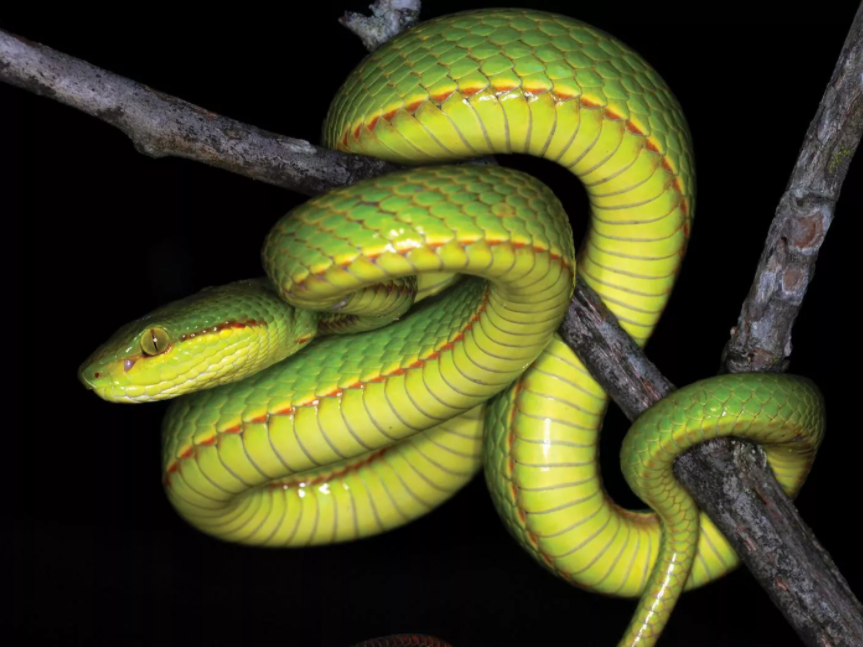Scientists discover new snake and name it after Harry Potter’s Salazar Slytherin
JK Rowling’s character Salazar Slytherin was partly known for his ability to talk to snakes
Your support helps us to tell the story
From reproductive rights to climate change to Big Tech, The Independent is on the ground when the story is developing. Whether it's investigating the financials of Elon Musk's pro-Trump PAC or producing our latest documentary, 'The A Word', which shines a light on the American women fighting for reproductive rights, we know how important it is to parse out the facts from the messaging.
At such a critical moment in US history, we need reporters on the ground. Your donation allows us to keep sending journalists to speak to both sides of the story.
The Independent is trusted by Americans across the entire political spectrum. And unlike many other quality news outlets, we choose not to lock Americans out of our reporting and analysis with paywalls. We believe quality journalism should be available to everyone, paid for by those who can afford it.
Your support makes all the difference.After they discovered a new species of green pit vipers, researchers from India have decided to name the snake after the Harry Potter character Salazar Slytherin.
In JK Rowling’s book series and the subsequent film adaptations, Slytherin was one of the founders of the Hogwarts School of Witchcraft and Wizardry. Other founders included Godric Gryffindor, Rowena Ravenclaw and Helga Hufflepuff.
As well as being the namesakes of the four Hogwarts houses, these four witches and wizards are remembered as being some of the most powerful in the Harry Potter world.
The researchers chose the name “Trimeresurus salazar” as Slytherin was partly known for his ability to talk to snakes.
In their research published in this month’s journal of Zoosystematics and Evolution, the team suggests the snake commonly be known as Salazar's pit viper.
The Trumeresurus are heavily venomous and can be found throughout East and Southeast Asia.

This species was found in India, but there are at least 48 total species of this genus found in the region.
One of the things that makes this particular pit viper stand out, though, is the orange-reddish stripe found on the side of the head in males.

Join our commenting forum
Join thought-provoking conversations, follow other Independent readers and see their replies
Comments